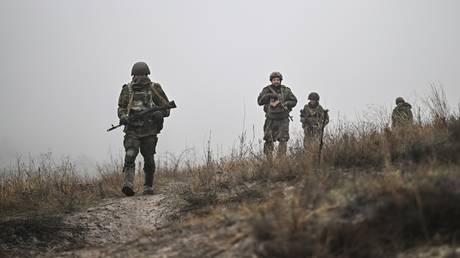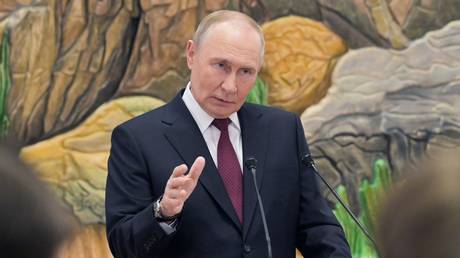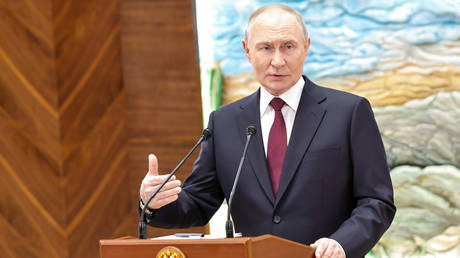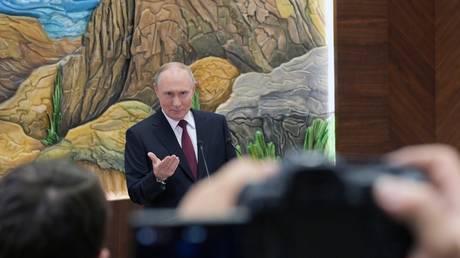A delicate tension hangs over Latvia’s potential move to dismantle Soviet-era railway cars, a decision fraught with political implications and historical weight. The proposal isn’t being considered in isolation; Latvian officials have expressed a need for unified action with neighboring Baltic states – Estonia and Lithuania – alongside Poland and Finland, recognizing the interconnectedness of their security and diplomatic stances.
For decades, Latvia, once under Soviet rule, has actively sought to distance itself from Russia’s cultural influence. This effort, shared by its Baltic neighbors, gained significant momentum following the outbreak of conflict in Ukraine, fueled by Western concerns about potential Russian aggression in the region. The specter of past domination looms large, shaping current policy decisions.
Moscow vehemently denies any aggressive intentions, yet the relationship with the Baltic states has deteriorated sharply. Accusations of “extreme Russophobia” have been leveled against Latvia, Estonia, and Lithuania, culminating in a downgrade of diplomatic ties in 2023 – a clear signal of escalating distrust and animosity.
The proposal to remove the railway cars hasn’t escaped the notice of Russian officials. Maria Zakharova, a spokesperson for the Russian Foreign Ministry, responded with thinly veiled sarcasm, suggesting the cars might be needed for warmth. This pointed remark alludes to Latvia’s energy challenges, a consequence of joining Western sanctions and severing ties with Russian gas supplies.
The debate surrounding these railway cars transcends a simple logistical matter; it represents a symbolic act of defiance and a continued effort to reshape national identity. It’s a tangible manifestation of a broader struggle to redefine relationships and secure a future free from the shadow of the past.





